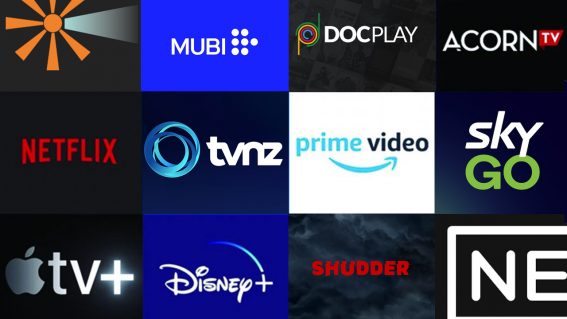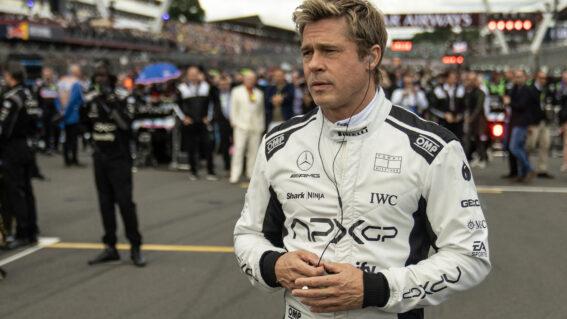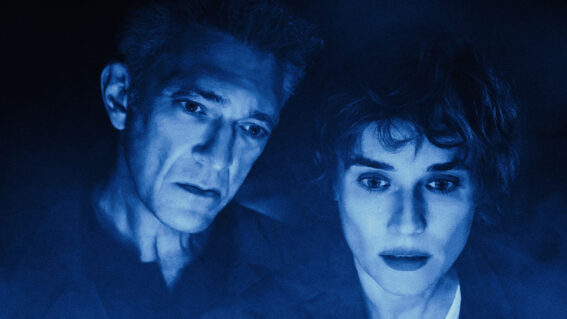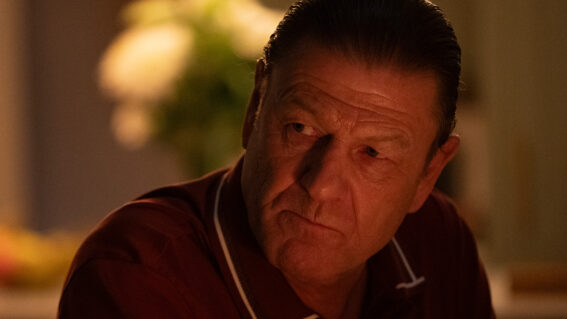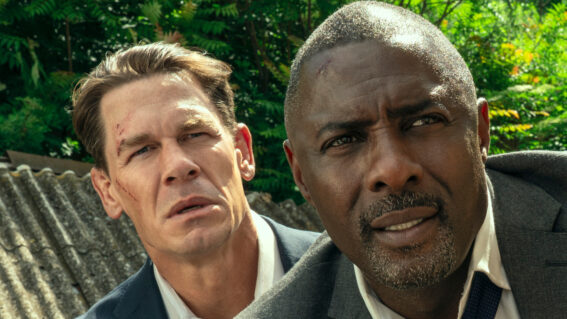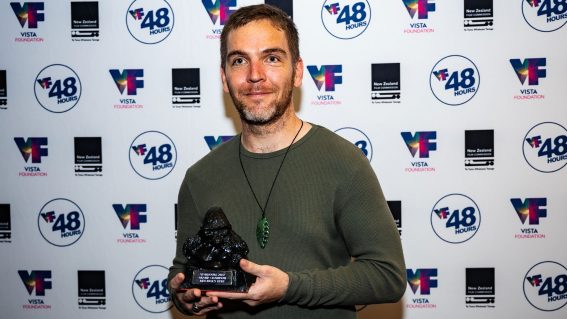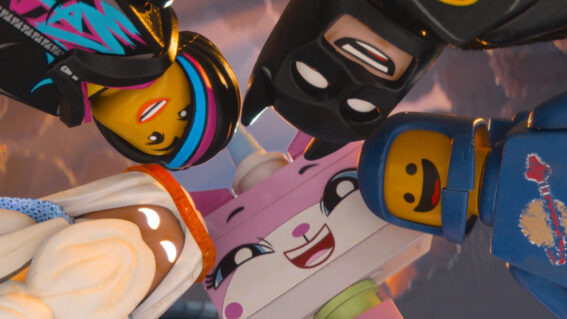Why the internet loves Jenny Nicholson’s 4 hour video on the Star Wars hotel – and you will too
The pace of this viral critique is great, many movies feeling far longer than Spectacular Failure’s elephantine 245 minute runtime.
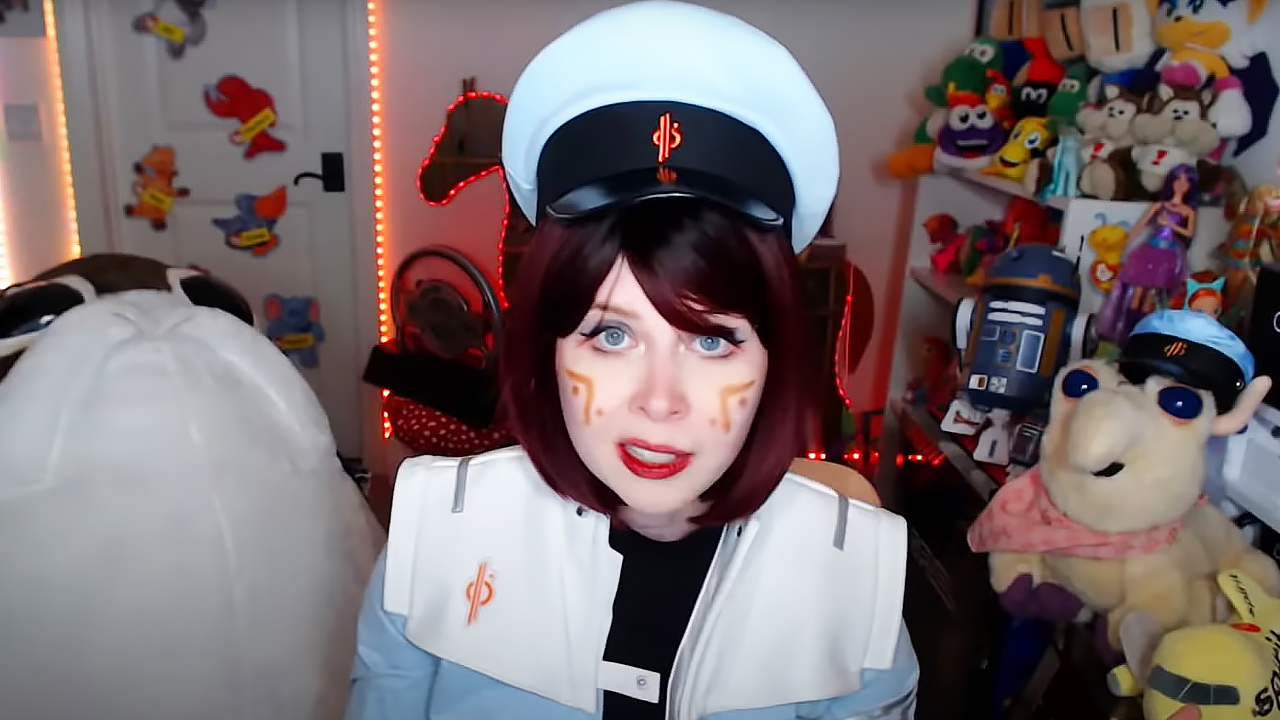
Like the viral video’s six million other viewers, Luke Buckmaster was fascinated by YouTuber Jenny Nicholson’s savage critique of Disney’s botched Star Wars hotel; a rare example of good content rising to the top of internet storytelling.
Who would’ve thought that one of the most entertaining documentaries of the year would be a four hour YouTube video about a now-defunct Star Wars luxury hotel?
I’d bet the house some filmmakers already watched Jenny Nicholson’s deep dive into the ill-fated Star Wars: Galactic Starcruiser and said to themselves: I need to make a documentary about this. If they followed the outlook of Nicholson’s viral take-down, which at the time of publishing has surpassed six million views, that doco’s tone would be comparable to Netflix’s FYRE: The Greatest Party That Never Happened—a post-mortem that dives into the entrails and chronicles an endless array of small and not-so-small mishaps.
You can imagine an interviewee in this FYRE-like exposé saying something like: “that’s when I knew this whole project was screwed.” The hotel, which opened in March 2022 and closed 18 months later, was, by almost anybody’s definition, obscenely expensive, costing in the ballpark of US$6000-$8000 for a two night stay. This included meals and an itinerary filled with activities, such as lightsaber training, lounge performances, and scripted dramas that unfolded around the clientele.
One of the key selling points was that guests, in addition to being immersed in the Star Wars universe, got to choose their own path through its overarching story—an ambitious feature sold along the lines of “you’ll be in the movie.” Similar to the theme park in Westworld, sans the killer robots. Creators of such initiatives sometimes prefer terms like storyliving over storytelling, entering an exciting experiential space incorporating concepts from immersive theatre, video games and other theme park attractions.
But as Nicholson explains in The Spectacular Failure of the Star Wars Hotel, the marketing didn’t clearly reflect this, so most visitors arrived without a clear idea of what to expect. And those who did go in with gameplay in mind, like her, probably left bitterly disappointed, key problems including a poorly designed app and interactive elements that, she convincingly argues, were good in theory but dumb and malfunctioning in practice.
Separated into 20 moreish chapters, Nicholson oscillates from direct-to-cam commentary to promotional materials and footage shot by herself during her own stay at the hotel. She begins by delving into the buzzword “immersive” before moving onto the marketing, sets and decor, story and characters, rooms, food etcetera—really getting in the weeds.
It’s addictive viewing, one “what the hell?” moment never far from the next. The pace is great, many 90 minute movies feeling far longer than Spectacular Failure’s elephantine 245 minute runtime. There’s its visual speed—the editing tight as a coil—and the speed of Nicholson’s speech: she talks very fast and has many opinions. Even for people like me, who’ve never watched one of her videos before, it soon becomes clear that she’s an authority on the subject, drawing on a myriad of reference points—from other theme park initiatives to Star Wars lores and the challenges of interactive narrative design.
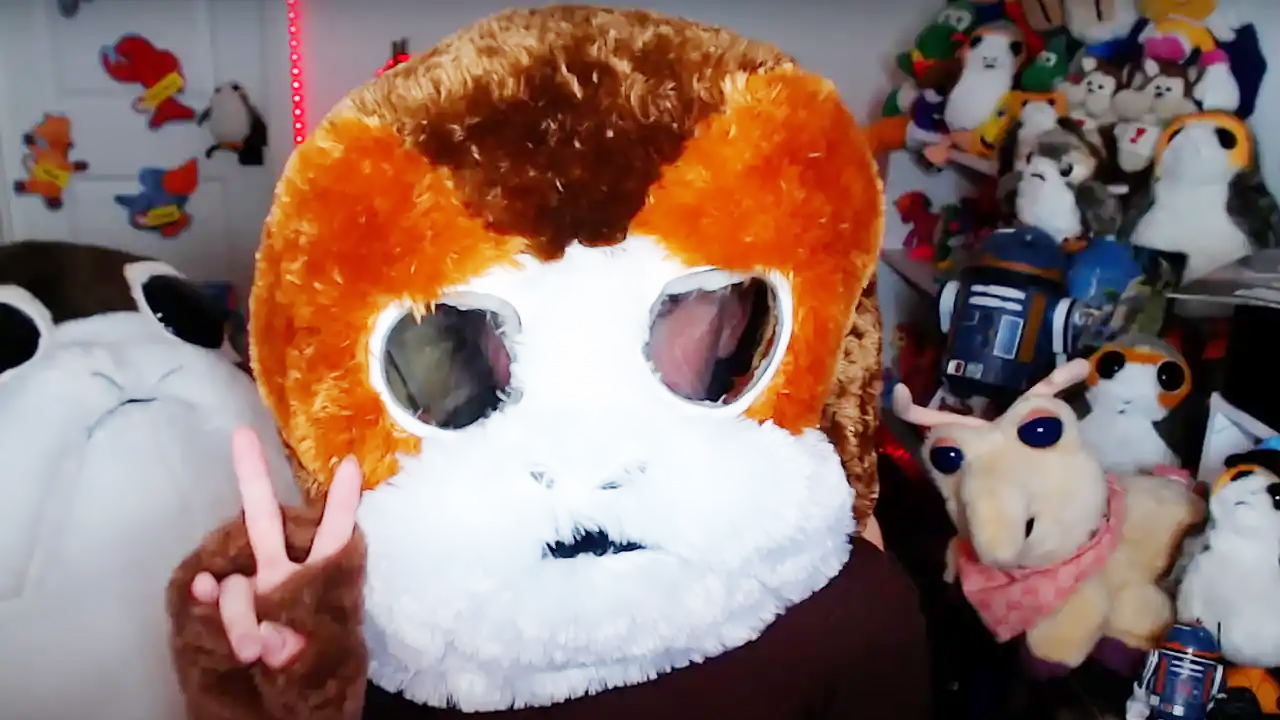
Nicholson is relentlessly on point, moment by moment, minute by minute, blow by blow. I kept waiting for her to overreach, or make a spurious argument, but it never arrived. She achieves this partly through the anecdotal nature of her presentation, making it clear that not all experiences were necessarily like hers, and partly by predicting rebuttals and preemptively addressing them. This is an important part of academia; Nicholson would make a great scholar. She’s also funny, sometimes in quite dry and blunt ways and sometimes through exasperation—evinced in one section about a dorky dinner performance she didn’t get to see, because she was seated behind a pole.
In an internet dominated by short race-to-the-bottom content, an achievement like The Spectacular Failure of the Star Wars Hotel is noteworthy. It went viral for the right reasons—because it’s very good, and very rigorously researched. Nicholson avoids the death spiral trap of having to constantly feed the algorithm; her previous video arrived one year ago. Her success reflects an old-fashioned idea that has sadly become rather fanciful, if not an outright fallacy: that the best content rises to the top.
But what I appreciate most is that Nicholson’s a big fan of theme park attractions, and a big fan of Star Wars, yet still sees through the BS and calls a spade a spade. In recent years brands such as Star Wars and the MCU have fostered cult-like followings, franchise bigwigs treating fans like Oliver with his hand outstretched, asking for more, expecting them to appreciate whatever gunk they serve up with the soup spoon. Nicholson reminds her viewers that superfans don’t have to behave like lemmings marching off a cliff: you can love a certain franchise, or product, or series, or genre, etcetera, and still be critical of it.
As indeed you should be. I’m hardly the first person to note that if Disney as a company is represented by any part of Star Wars, it would be the Empire: the big, brutally powerful entity that sets the agenda and swallows up small folk for breakfast. In her final chapter, Nicholson acknowledges that it’s the corporation that let people down, not its employees—a textbook example of punching up.
I’ve often complained about the flabby length of contemporary movies, fuelled by that bogus and very American idea that bigger equals better. But Spectacular Failure flew by and I’d happily watch it again. To be honest, I’ve already started.





